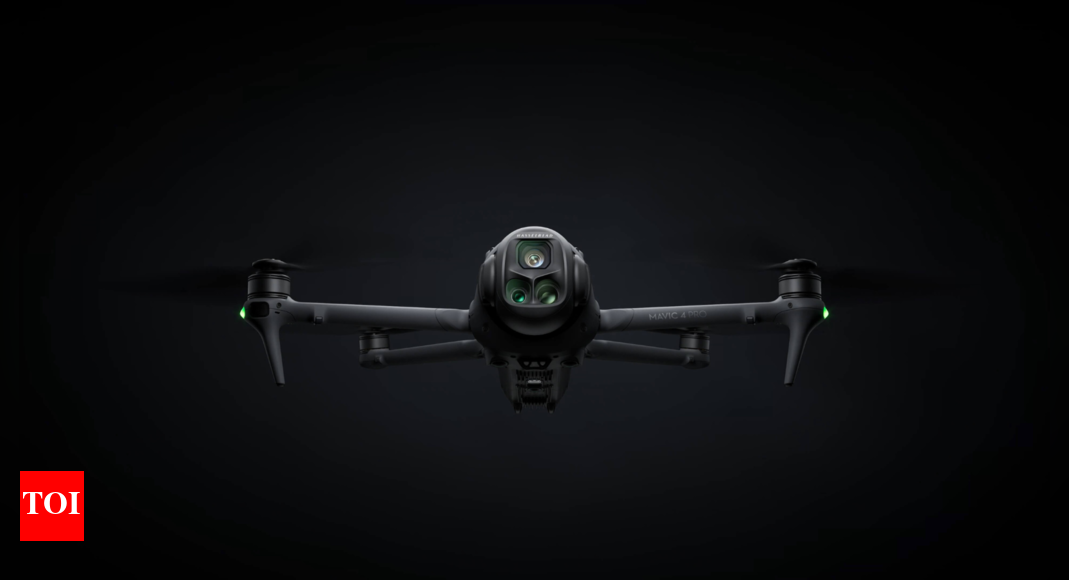Florida Senator Rick Scott is reportedly intensifying pressure on the Federal Communications Commission (FCC) to crack down on Chinese drone giant DJI and other companies as the agency prepares to vote on a proposal granting it authority to revoke certifications for devices deemed national security risks. In a letter sent this week to FCC Chairman Brendan Carr, Scott called for “swift and decisive” action against DJI and Autel Robotics, two Chinese drone manufacturers he accuses of exploiting regulatory loopholes.According to a report in DroneDJ, the FCC’s forthcoming vote, expected within days, would allow the agency to block new authorizations for companies on its “Covered List,” which includes firms like Huawei and Hikvision, and retroactively revoke approvals for previously certified devices. Scott praised the move as a critical step to strengthen U.S. supply chain security, alleging that DJI has evaded oversight by creating shell companies, such as Lyno Dynamics, whose FCC filings reportedly feature DJI’s logos.“This initiative closes regulatory gaps and protects our national security,” Scott wrote, urging the FCC to rescind existing certifications for DJI and Autel devices and block new licenses for products containing their components or software. He also called for stricter corporate disclosure rules to prevent companies from masking ownership.
What new FCC rules may mean for DJI and Autel Robotics
The proposed FCC rule could have far-reaching implications for DJI, which dominates over 70% of the global consumer drone market. If certifications are revoked, DJI would be unable to import, market, or sell new drones in the U.S., and retailers could not restock products or parts. While existing drones would remain operational, the company’s U.S. business could grind to a halt, potentially turning its devices into rare commodities.The push comes as the Fiscal Year 2025 National Defense Authorization Act mandates a national security review of DJI by December 23, 2025. A failure to clear the review could automatically place DJI on the FCC’s Covered List, further restricting its operations. The Pentagon has already labeled DJI a “Chinese military company,” and several federal agencies have restricted its use.DJI has consistently denied posing a security threat or sharing data with the Chinese government, emphasizing privacy features that allow users to keep flight data offline. However, bipartisan support for tougher measures, led by figures like Scott and FCC Chairman Carr, signals growing skepticism in Washington. Carr described the FCC’s proposal as a “long-standing, bipartisan effort” to block “foreign adversary-controlled devices” from the U.S. market.Despite the political storm, DJI drones remain popular with U.S. consumers. The DJI Mini 4K, a budget-friendly model, is currently discounted 20% for Amazon Prime members, underscoring strong demand even as the company faces an uncertain future in the U.S. As tensions over U.S.-China tech restrictions escalate, the FCC’s decision could reshape the American drone market and determine whether DJI’s products continue to soar—or are grounded for good.

